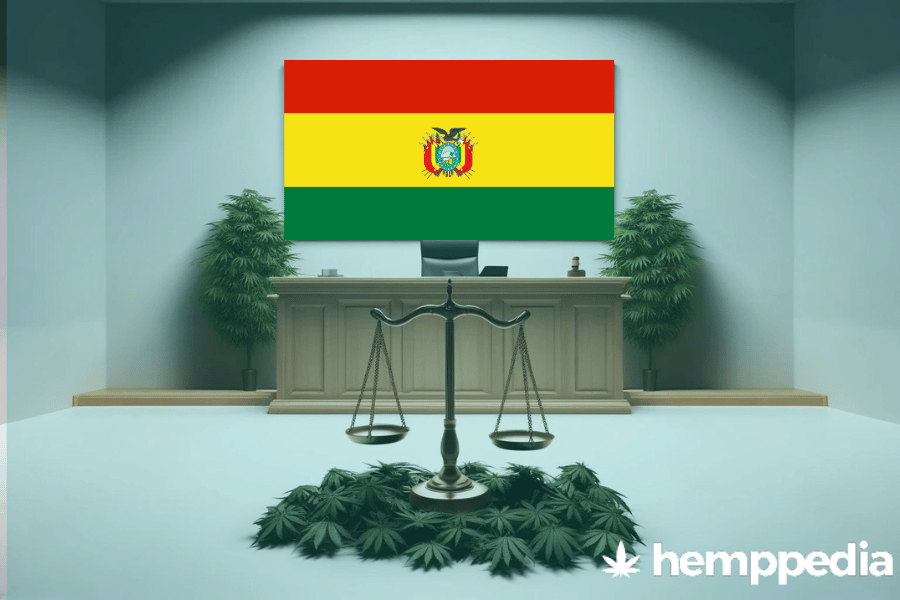TL;DR:
Despite the increase in global acceptance of CBD usage due to its healing properties, it is currently considered illegal across Bolivia. There is no distinction in the Bolivian law between products containing CBD alone or with THC – both are typically grouped together under the umbrella term ‘cannabis’, and thus considered illegal.
Key Aspects of the Bolivian CBD Legislation:
- Usage: Illegal
- Possession: Illegal
- Production: Illegal
CBD, deriving from cannabis, is often used for its therapeutic benefits. While its legal status elsewhere differs due to its non-intoxicating nature in comparison to THC, Bolivia’s strict cannabis laws encompass CBD as well.
Overview of CBD Legislation
Key Terms:
- CBD is a therapeutic compound derived from cannabis, but does not produce the “high” that THC does.
- Hemp vs Marijuana: Both being cannabis plants, Hemp typically contains less than 0.3% THC, while Marijuana contains higher levels.
Legal Landscape:
Worldwide, an increasing number of countries are legalizing CBD products with low THC content. However, Ecuador is currently the only South American country where CBD oil is legal.
Regulatory Bodies:
The Bolivian government regulates all matters concerning cannabis and thus, CBD. Specifically, the “Consejo Nacional de Lucha Contra el Tráfico Ilícito de Drogas” handles drug trafficking laws.
Historical Context
Hemp cultivation was reportedly prevalent in Bolivia until its ban in the 1980s, and unfortunately, there has been no significant legal shift favoring CBD in recent years.
Possession, Cultivation and Sales
It is illegal to possess, sell or cultivate any form of Cannabis, including CBD, in Bolivia.
Enforcement and Penalties
Non-compliance with these laws can result in severe penalties, including imprisonment and hefty fines.
In Bolivia, the use of CBD for medical purposes is equally restricted and no known exceptions currently exist.
Comparative Analysis
Unlike Bolivia, countries like Brazil, Colombia, and Ecuador are increasingly acknowledging the medical benefits of CBD. It’s hoped that this trend might influence a future shift in Bolivian regulations.
Conclusion
While Bolivia remains strictly against all forms of cannabis, including CBD, we cannot ignore the global trend towards acceptance of CBD’s therapeutic benefits. As more South American countries adapt their legislation, the future may hold change for Bolivia’s CBD regulations.





